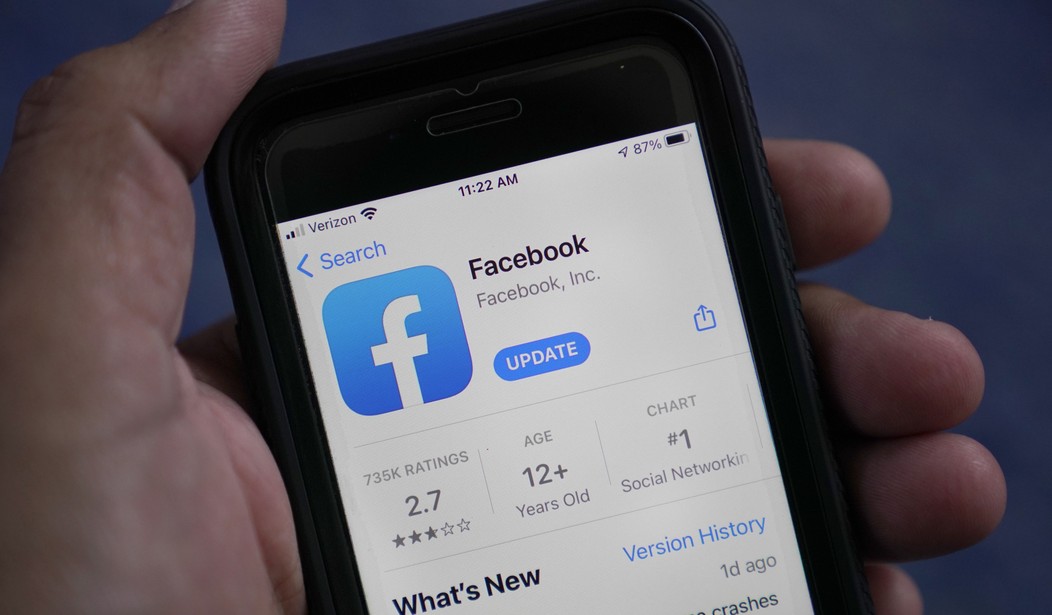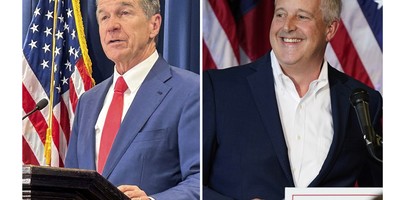PARIS - On Monday, Oct. 4, major social media applications run by Facebook, including WhatsApp, Instagram, and the social media giant itself, all went dark worldwide for several hours. Not only did the outage prevent billions of users from accessing these services, but even those who only signed up for a Facebook account so they could access various third-party services with a simple click via their Facebook login were denied access to all those services, too. If this was you, then it should be your wake-up call to rethink your dependence on - and vulnerability to - technology.
Cybersecurity experts generally agree that the outage was caused by a configuration error on Facebook's part, but regardless of what the issue was, the bottom line is that public reaction just proved a whole lot of people would likely be willing to give up privacy for increased security on their favorite platforms.
The fact that many users of these services moved to another social network, Twitter, to publicly freak out over the outage provides governments with an argument for increased online control to ensure continuity of these services. These governments could easily argue that they must enact measures to protect the internet from risks presented by malicious actors, that it's not something that the average person could possibly understand well enough to take their own precautions, and that to reduce such blackout risks requires a foolproof way to control the identity of all online users.
If that sounds familiar, it should. It's the same reasoning that governments worldwide have been using to roll out identity control systems under the pretext of the COVID-19 pandemic. In other words, a relatively benign virus freaked everyone out as they were bombarded with messaging and government-mandated restrictions that played up fear of the virus to plague-like levels. Then came the jab and related mandates, coupled with a government-issued QR code system that enables identity verification. And now an increasing number of venues are insisting on presentation of that identity-linked code for access. That system now makes enough people feel so secure - however illusory such security may be in actuality - that they warmly welcome the increased government control, some even to the point of denouncing those who express skepticism over the apparatus and the sanitary pretexts that ushered it into place.
Recommended
What's more troubling is that even before the COVID-19 pandemic became a household topic, it was gamed out by the World Economic Forum (WEF) on Friday Oct. 18, 2019. "The Johns Hopkins Center for Health Security in partnership with the World Economic Forum and the Bill & Melinda Gates Foundation will host Event 201: a high-level simulation exercise for pandemic preparedness and response, in New York," read the organization's press release.
Similarly, in each of the past two years, the WEF has also held a "Cyber Polygon" event to simulate a major internet outage. The group's founder and executive chairman, Klaus Schwab, said on July 8, 2020, that a worldwide cyberattack would make the COVID-19 crisis "seem like a small disturbance in comparison." He encouraged leveraging of the pandemic to "improve preparedness for a cyber pandemic."
The WEF is the same organization which, along with its founder, has routinely evoked the Great Reset throughout the COVID-19 pandemic. Encouraging people to become more dependent on technology throughout the crisis, they have actively encouraged increased technological dependence and global interdependence. This technological shift was a theme of the book that Schwab published (along with co-author Thierry Malleret) on July 9, 2020 - a few months into the pandemic - titled "COVID-19: The Great Reset."
But even as we're encouraged to become overly dependent on technology, an article on the WEF website evokes the need for our rulers to address "digital mistrust," pointing out that "a lack of confidence in digital tools is high and rising." According to the organization: "The use of digital technology during the COVID-19 crisis offers clear lessons: focus on the safety of essential organizations; protect work-from-home capabilities; and target mistrust broadly to enable specific crisis-relevant tech."
It's not difficult to see how the QR code verification system tied to identity in the interests of propagating the illusion of zero-risk to health from a single virus could also be used to provide proof of identity for online access under the guise of better securing the internet and its various services.
And while some people might be willing to accept that trade-off if they think it will reduce the odds of being blocked from posting selfies for a few hours because Instagram crashed, the rest of us should think much harder about the kind of dystopian future our fears might usher in if each of us doesn't take precautions now to minimize or mitigate our own personal exposure.
Rachel Marsden is a columnist, political strategist and host of an independently produced French-language program that airs on Sputnik France. Her website can be found at http://www.rachelmarsden.com.

























Join the conversation as a VIP Member